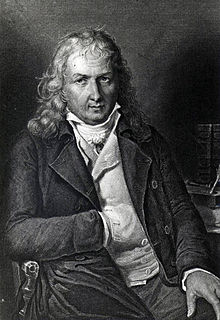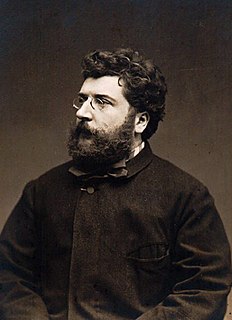A Quote by Baron d'Holbach
Religion has ever filled the mind of man with darkness, and kept him in ignorance of his real duties and true interests. It is by dispelling the clouds and phantoms of religion, that we shall discover truth, morality and reason. Religion diverts us from the causes of evils, and from these remedies which nature advocates, far from curing; it only aggravates, perpetuates and multiplies them.
Related Quotes
Everywhere the tendency has been to separate religion from morality, to set them in opposition even. But a religion without morality is a superstition and a curse; and anything like an adequate and complete morality without religion is impossible. The only salvation for man is in the union of the two as Christianity unites them.
The only religion that ought to be taught is the religion of fearlessness. Either in this world or in the world of religion, it is true that fear is the sure cause of degradation and sin. It is fear that brings misery, fear that brings death, fear that breeds evil. And what causes fear? Ignorance of our own nature.
Art is not a substitute religion: it is a religion (in the true sense of the word: 'binding back', 'binding' to the unknowable, transcending reason, transcendent being). But the church is no longer adequate as a means of affording experience of the transcendental, and of making religion real - and so art has been transformed from a means into the sole provider of religion: which means religion itself.
the leading error of the human mind, - the bane of human happiness - the perverter of human virtue ... is Religion - that dark coinage of trembling ignorance! It is Religion - that poisoner of human felicity! It is Religion - that blind guide of human reason! It is Religion - that dethroner of human virtue! which lies at the root of all the evil and all the misery that pervade the world!
Religion is a means of exploitation employed by the strong against the weak; religion is a cloak of ambition, injustice and vice . . . . Truth breaks free, science is popularized, and religion totters; soon it will fall, in the course of centuries--that is, tomorrow. . . . In good time we shall only have to deal with reason.
What our view of the effectiveness of religion in history does at once make evident as to its nature is--first, its necessary distinction; second, its necessary supremacy. These characters though external have been so essential to its fruitfulness, as to justify the statement that without them religion is not religion. A merged religion and a negligible or subordinate religion are no religion.
The easy confidence with which I know another man's religion is folly teaches me to suspect that my own is also. I would not interfere with any one's religion, either to strengthen it or to weaken it. I am not able to believe one's religion can affect his hereafter one way or the other, no matter what that religion may be. But it may easily be a great comfort to him in this life-hence it is a valuable possession to him.
It is thus that the generality of mankind, whose lot is ignorance, attributes to the Divinity, not only the unusual effects which strike them, but moreover the most simple events, of which the causes are the most simple to understand by whomever is able to study them. In a word, man has always respected unknown causes, surprising effects that his ignorance kept him from unraveling. It was on this debris of nature that man raised the imaginary colossus of the Divinity.


































